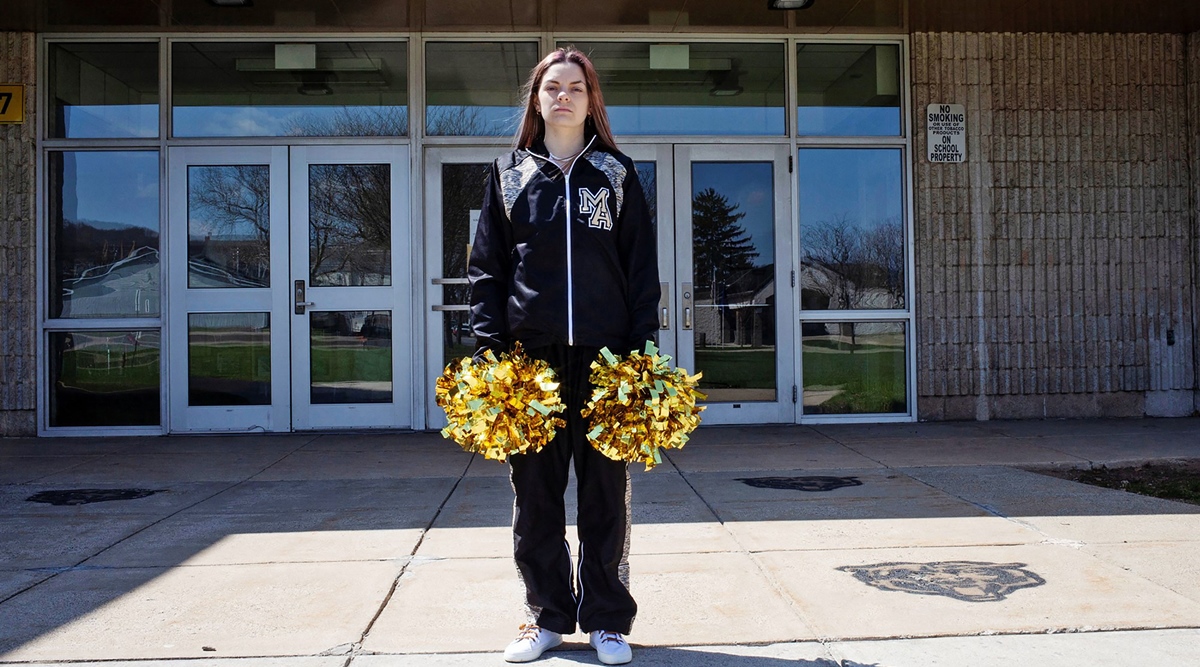US Supreme Court rules for cheerleader punished for vulgar Snapchat message

Written by Adam Liptak
The Supreme Court on Wednesday ruled that a Pennsylvania school district had violated the First Amendment by punishing a student for a vulgar social-media message sent away from school grounds.
The vote was 8-1, with Justice Clarence Thomas dissenting.
The case concerned Brandi Levy, a Pennsylvania high school student who had expressed her dismay over not making the varsity cheerleading squad by sending a colourful Snapchat message to about 250 people.
She sent the message on a Saturday from Cocoa Hut, a convenience store popular with teenagers. It included an image of Levy and a friend with their middle fingers raised, along with a string of words expressing the same sentiment. Using a swear word four times, Levy objected to “school,” “softball,” “cheer” and “everything.”
Although Snapchat messages are meant to vanish not long after they are sent, another student took a screenshot and showed it to her mother, a coach. The school suspended Levy from cheerleading for a year, saying the punishment was needed to “avoid chaos” and maintain a “teamlike environment.”
Levy sued the school district, winning a sweeping victory from a divided three-judge panel of the 3rd U.S. Circuit Court of Appeals, in Philadelphia. The court said the First Amendment did not allow public schools to punish students for speech outside school grounds, relying on a precedent from a different era.
In 1969, in Tinker v. Des Moines Independent Community School District, the Supreme Court allowed students to wear black armbands to protest the Vietnam War, saying the students had not “shed their constitutional rights to freedom of speech or expression at the schoolhouse gate.” But disruptive speech, at least on school grounds, could be punished, the court added.
Although the 3rd Circuit was united in ruling for Levy, the judges disagreed about the rationale. The majority announced a categorical rule barring discipline for off-campus speech that seemed to limit the ability of public schools to address many kinds of disturbing communications by students on social media, including racist threats and cyberbullying.
In a concurring opinion, Judge Thomas Ambro wrote that he would have ruled for Levy on narrower grounds. It would have been enough, he said, to say that her speech was protected by the First Amendment because it did not disrupt school activities. The majority was wrong, he said, to protect all off-campus speech.
The Supreme Court has limited students’ First Amendment rights since the Tinker decision in 1969. In the court’s last major decision on students’ free speech, in 2007, for instance, the court sided with a principal who had suspended a student for displaying a banner that said “Bong Hits 4 Jesus.”

“평생 사상가. 웹 광신자. 좀비 중독자. 커뮤니케이터. 창조자. 프리랜서 여행 애호가.”
